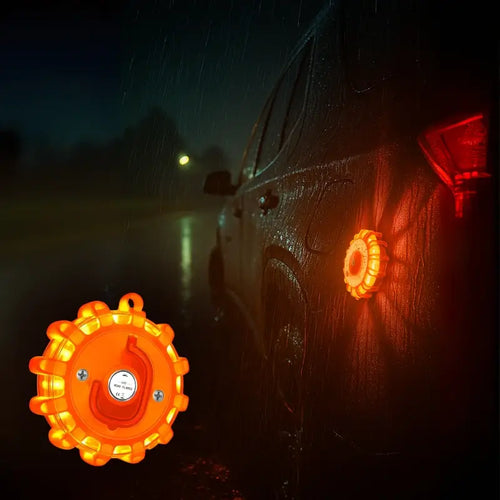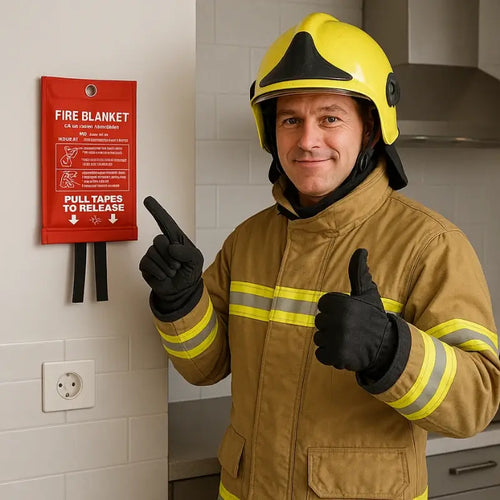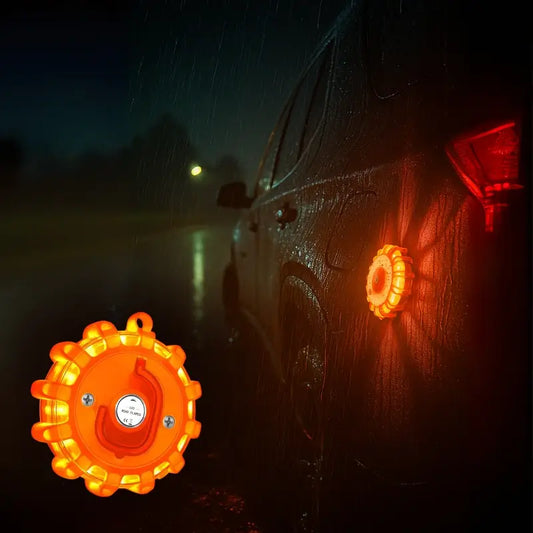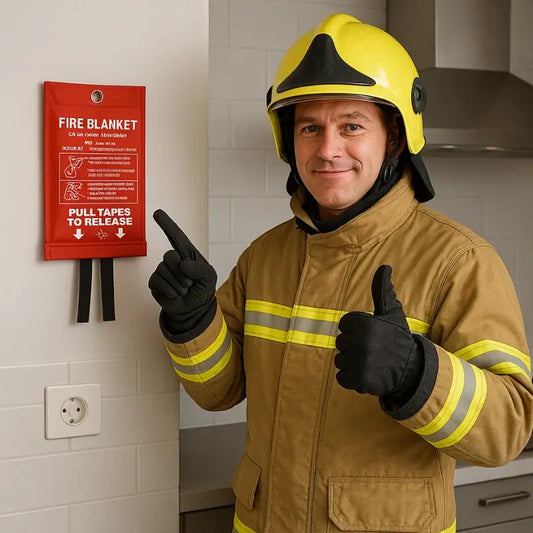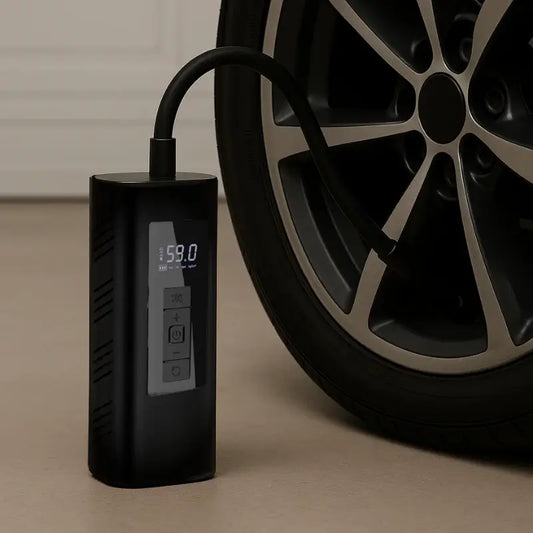Electrical fires are one of the most dangerous and unpredictable dangers in the home. They often start behind the scenes - in walls or appliances, for example - and go unnoticed until it is too late. One of the first warning signs is the smell. But what does an electrical fire smell like - and how can you prevent this catastrophe?
In this guide, you will find out the most important warning signs, typical odors and the decisive measures to protect your home and your loved ones.

Causes of electrical fires
Before we get to the warning signs, it is important to know what usually causes electrical fires. Common triggers are:
-
Defective cables: Worn, damaged or old cables are one of the main causes. Houses with outdated electrical systems are particularly at risk.
- Overloaded sockets: Too many appliances connected to one socket or multiple socket generate heat - and can start a fire.
-
Defective appliances: Old, damaged or inferior appliances can overheat or spark.
- Incorrect installation: DIY electrical work or sloppy installations increase the risk of short circuits.

What does an electrical fire smell like?
A noticeable odor is often the first warning signal. The smell varies depending on the material - but it is always a reason to act immediately.
-
Burning plastic: Cables and sockets are usually insulated with plastic. If they overheat, they produce a pungent, acrid odor.
-
Ozone or metal odor: Short circuits or sparks can cause a metallic, pungent odor. Initially faint, it becomes more intense as the danger increases.
-
Burnt rubber: Cables with rubber sheathing emit a pungent, typical rubber smell when they overheat.
-
Overheated appliances: Defective or overloaded appliances often smell of hot metal, burnt dust or melting plastic.
If you detect one of these odors: Act immediately before it gets serious.

Further warning signs of an electrical fire
Odors are a clear signal - but not the only one. Watch out for these signs too:
- Unusual noises: Cracking, crackling or buzzing from sockets, switches or walls indicate sparking.
-
Discolored or warm sockets: Scorch marks, melted plastic or heat are clear warning signals.
-
Flickering or weak lights: Overloaded or faulty wiring is often noticeable through unsteady light.
- Fuses blowing: If the fuse is constantly blowing, there is usually a serious problem behind it.

Immediate measures in an emergency
If you suspect an electrical fire, every second counts. This is what you should do:
-
Switch off the power: Find the fuse box and switch off the affected area or, if necessary, the main switch. This will prevent worse.
-
Do not use water: Water conducts electricity and makes everything even more dangerous.
-
Use the correct fire extinguisher: You need a class C extinguisher for electrical fires. Always have it to hand.
- Save yourself and call for help: If the fire is out of control - get out of the house and alert the fire department. Never extinguish a fire alone!

Tips for long-term prevention
It is best to prevent electrical fires from starting in the first place. With regular maintenance and a little care, you can significantly reduce your risk.
Maintenance & control
-
Replace old wiring: In older homes, the electrics are often overloaded. Have them checked by a specialist.
-
Check sockets & switches: Cracks, scorch marks or loose parts? Replace immediately.
-
Maintain appliances: Only use intact appliances - it is better to repair or replace broken ones.

Safe handling in everyday life
- Do not overload: Only use sockets and multiple plugs as much as they can handle.
- Pull out the plug: Unplug unused appliances from the socket - even if they are off, they can overheat.
- Use surge protection: Protect your home from dangerous power surges.
Security equipment in the house
- Smoke detectors: Install in important rooms and test regularly.
- AFCI circuit breakers: They detect sparks and switch off the power in good time.

Prepare family
Prevention is not just about technology, but also about knowledge. Teach your family to recognize the warning signs and react correctly. It's best to do small emergency exercises regularly.
Conclusion
Electrical fires are a real danger - but with attention and preparation you can greatly reduce the risk. Watch out for unusual smells, check your electrics regularly and equip your home with smoke alarms & fire extinguishers.
Remember: acting early saves lives. If something seems suspicious, react immediately - your safety is priceless.



